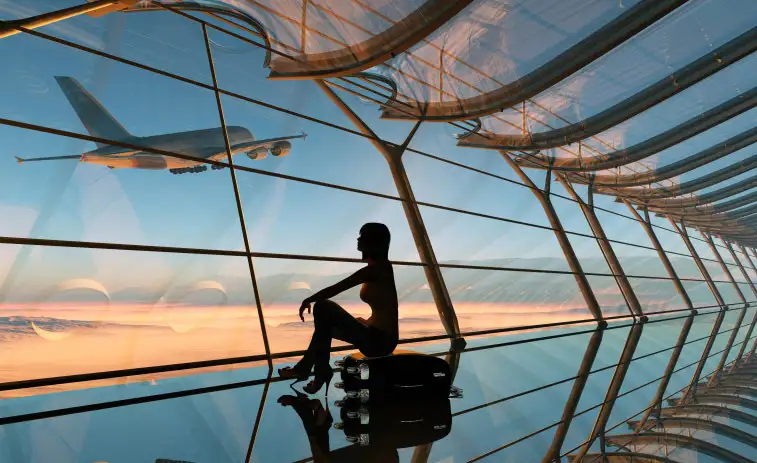
At this writing, the evidence clearly points to a finding that the copilot of the Germanwings flight deliberately flew it into a mountain. Sadly, this isn’t the first deliberate airline crash: We know of six other “probable” or “possible” instances:
- JAL into Tokyo Bay, February 1982: almost certainly deliberate
- Royal Air Maroc into a mountain, August 1994: highly likely deliberate
- SilkAir into a river, December 1997: probably deliberate
- Egypt Air into the ocean, October 1999: almost certainly deliberate
- Mozambique Airlines, into the ground, November 2013: almost certainly deliberate
- Malaysia Airlines flight 370, disappearance: deliberate is one of several conjectures
Apparently, after takeoff, the Germanwings captain left the cockpit and the copilot then locked the armored door, refused to readmit the captain, and flew the plane into the mountain. The voice recorder indicates that the captain tried to force his way back into the cockpit, but he couldn’t break down the door. Ironically, the reason for the lockable, armored cockpit door—almost universal in airliners these days—is to prevent cockpit entry by terrorists or suicidal passengers who might try to take over a plane, per the 9/11 scenario.
The first obvious question to arise out of the crash is, “What can airlines do to prevent future deliberate crashes?” Here, the current “school solution” is to require two people to be in the locked cockpit at all times. If one of the pilots leaves, a flight attendant must enter the cockpit until the pilot returns. This practice has been the norm in the United States for some time, and within a week, dozens of airlines around the world adopted the two-persons-at-all-times rule, with more rules coming.
For now, I expect that everyone in the aviation industry hopes the two-at-all-times rule will be enough to prevent future instances. A few in the industry have suggested three pilots with two in the cockpit at all times, but that isn’t likely to happen unless someone figures out how to bypass the two-person system. Presumably, airlines will also try to screen pilots more closely for mental instability, depression, or any other factor that might impair their abilities. But even the best screening system is approximate, at best, and unlikely to provide a 100 percent guarantee.
The second obvious question is, “What can consumers do to protect themselves?” Here, the honest answer is: nothing. Consumers are in the same boat as airlines and government agencies: Nobody knows how to predict this kind of crash. Despite a few recent crashes or disappearances, air travel is remarkably safe and future problems are almost impossible to predict.
The standard industry approach to safety deficiencies is “never again.” Following any major accident, airlines, airplane manufacturers, and government agencies dig into the details to find the fundamental cause. Once they do, they modify whatever combination of hardware, software, and operating practices is required to make sure that the problem, once identified, can never recur. That’s why you almost never see the same mechanical problem more than once.
The main threat is from totally nonpredictable and nonpreventable sources, usually first-time problems such as the downing of Malaysia flight 17 by Russian anti-aircraft missiles. Airlines try to avoid flying over any areas with active military action, but missile firings from Ukraine, apparently, was not considered a threat at the time.
The take-away from all this is not totally satisfying: You can’t do anything to be 100 percent safe on an airplane—or, for that matter, anywhere else. Air travel is as safe as people can make it, and by most measures it’s a lot safer than driving. But if that isn’t enough to calm your fears, stay home.
Ed Perkins on Travel is copyright (c) 2015 Tribune Media Services, Inc.
You Might Also Like:
We hand-pick everything we recommend and select items through testing and reviews. Some products are sent to us free of charge with no incentive to offer a favorable review. We offer our unbiased opinions and do not accept compensation to review products. All items are in stock and prices are accurate at the time of publication. If you buy something through our links, we may earn a commission.
Related
Top Fares From
Today's Top Travel Deals
Brought to you by ShermansTravel
Greece: 9-Night Vacation, Incl. Meteora &...
Exoticca
 vacation
$2099+
vacation
$2099+
New Year Sale: Luxe, 9-Nt Alaska...
Oceania Cruises
 cruise
$3599+
cruise
$3599+
Ohio: Daily Car Rentals from Cincinnati
85OFF.com
 Car Rental
$19+
Car Rental
$19+



